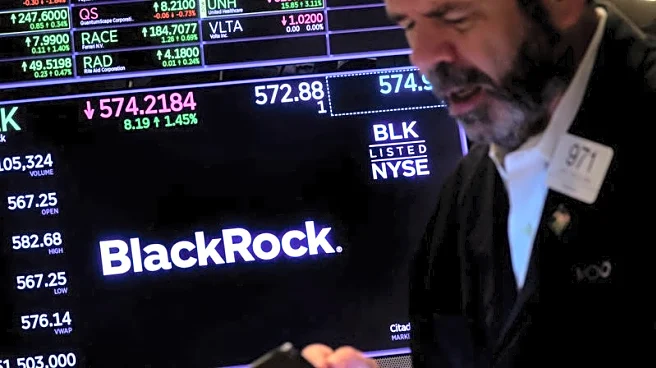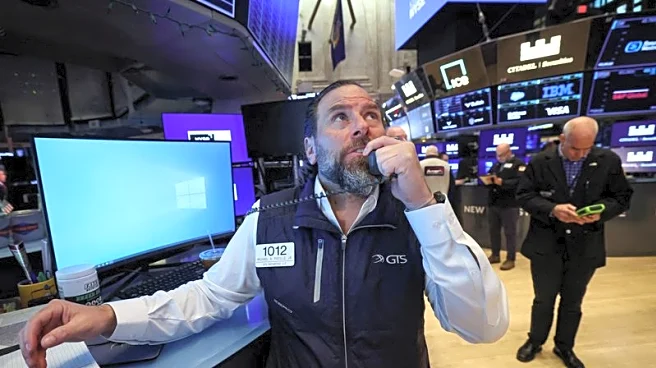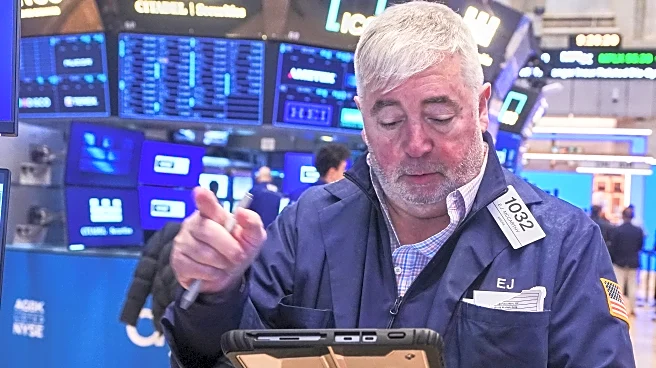By Prakhar Srivastava and Anirban Sen
NEW YORK (Reuters) -Asset manager BlackRock on Tuesday played down concerns of broader credit market stress after the bankruptcies of auto parts supplier First Brands
and lender Tricolor Holdings, saying the overall credit quality of borrowers was "generally strong."
On a post-earnings conference call with analysts, BlackRock's finance chief Martin Small said that recent private credit bankruptcies were largely tied to some pockets of debt capital markets, including syndicated bank loans and collateralized loan obligations, and not to direct lending portfolios managed by large private credit firms.
"The reported cases look more like idiosyncratic pockets of stress and things like deep subprime, or again where there's been potential fraud reported. They don't look like broad stresses on asset-based finance or consumer credit," said Small, who took over as BlackRock's CFO in 2023.
CREDIT RALLY HAS SLOWED
In September, the bankruptcies of First Brands and subprime lender and car dealer Tricolor rattled parts of Wall Street's multitrillion-dollar credit market, prompting scrutiny over how exposed fund managers might be to troubled borrowers. Some large Wall Street banks including Jefferies and UBS have disclosed exposure to First Brands.
"When syndicated loan markets and banks may reduce their lending activity and volatility, that tends to be some of the best opportunities for private credit deployment," said Small, adding that private credit markets had largely been unaffected by the two auto bankruptcies. The private credit market is estimated to be worth nearly $2 trillion, according to Preqin.
Earlier in October, BlackRock requested to redeem some money it invested in a Jefferies fund that is exposed to the debt of First Brands, according to people familiar with the matter.
While most experts have said that the collapses of First Brands and Tricolor are unlikely to cause a widespread global meltdown across credit markets, others have pointed to a recent slowdown in the credit rally, which got off to a robust start earlier in October, as investors have reduced exposure to certain sectors over concerns around weakness in consumer and auto lending.
(Reporting by Anirban Sen in New York and Prakhar Srivastava in Bengaluru. Editing by Mark Potter)









